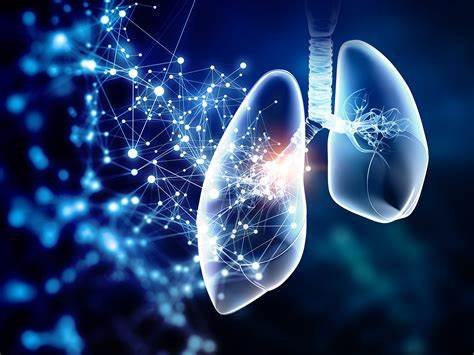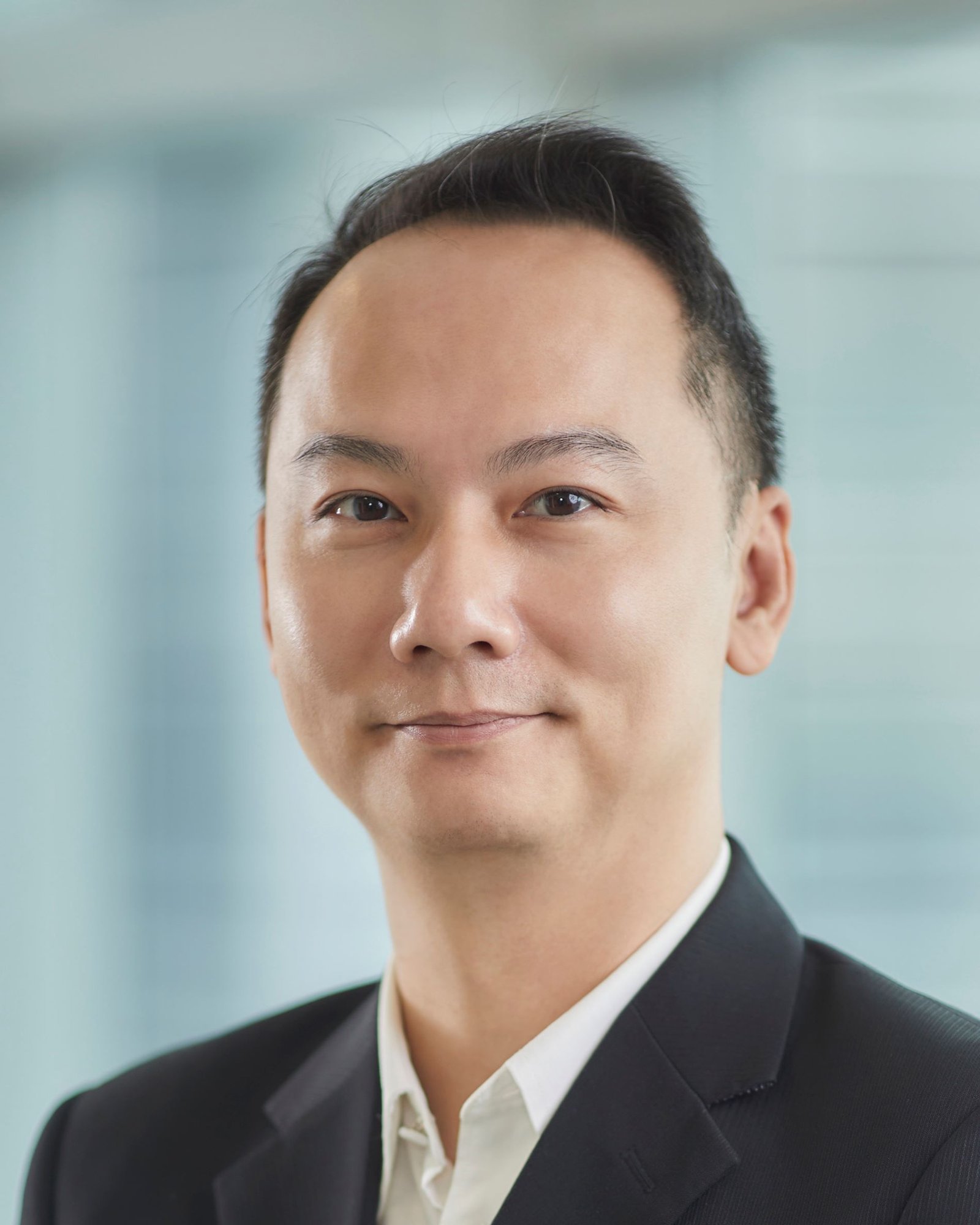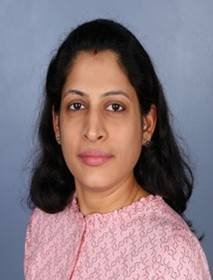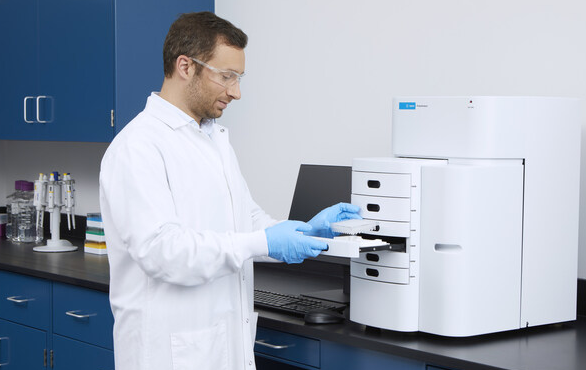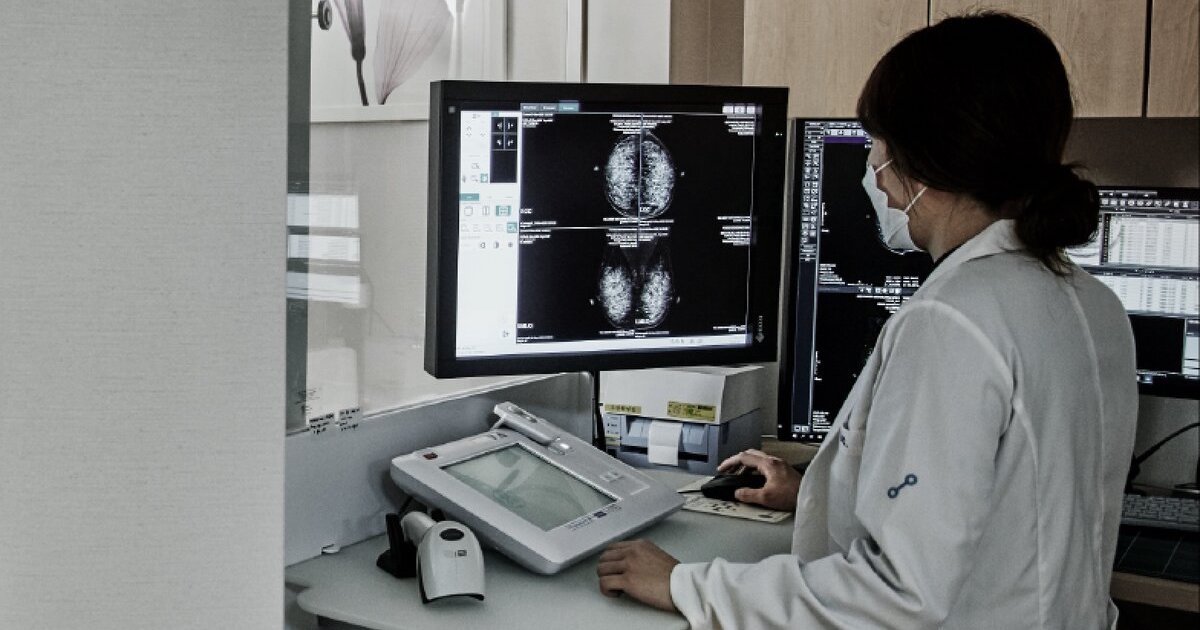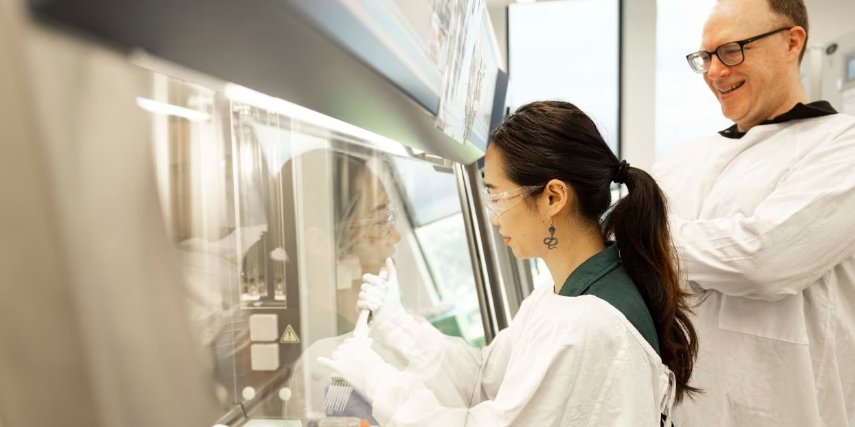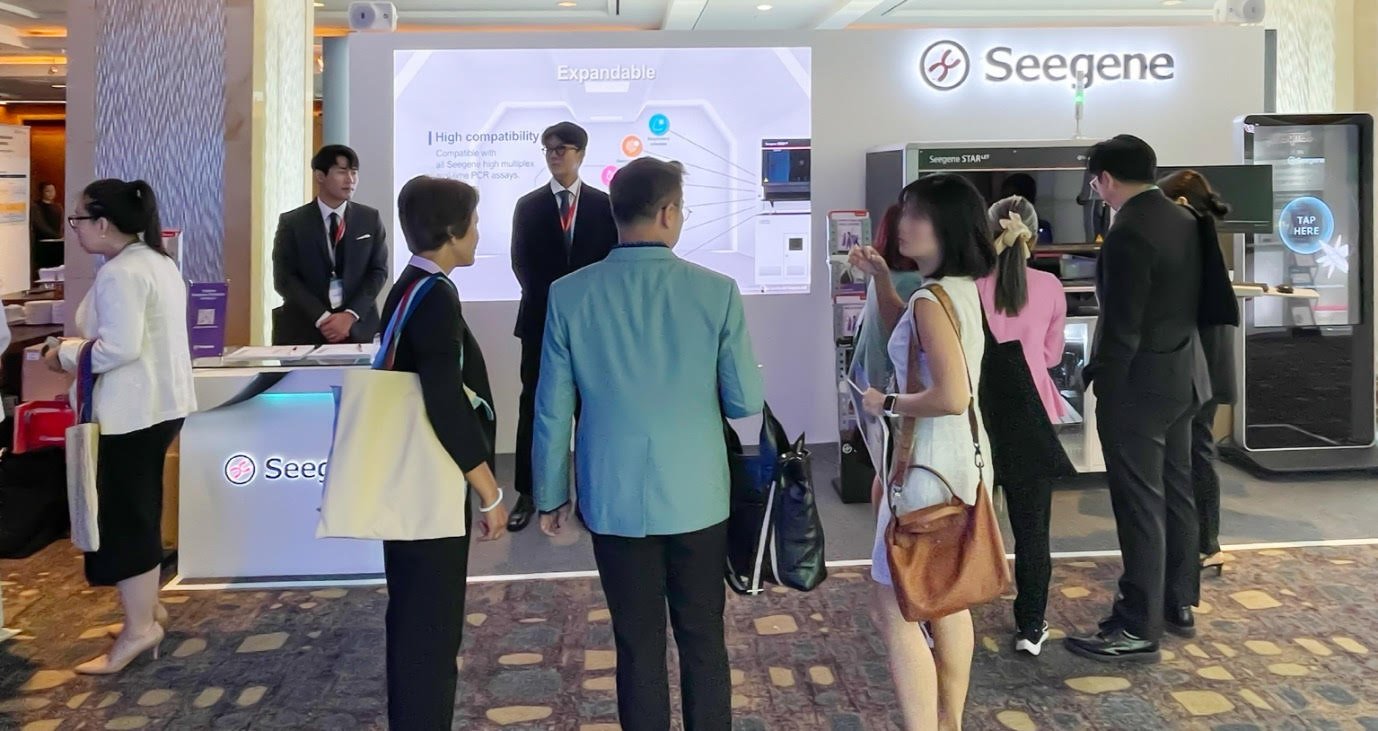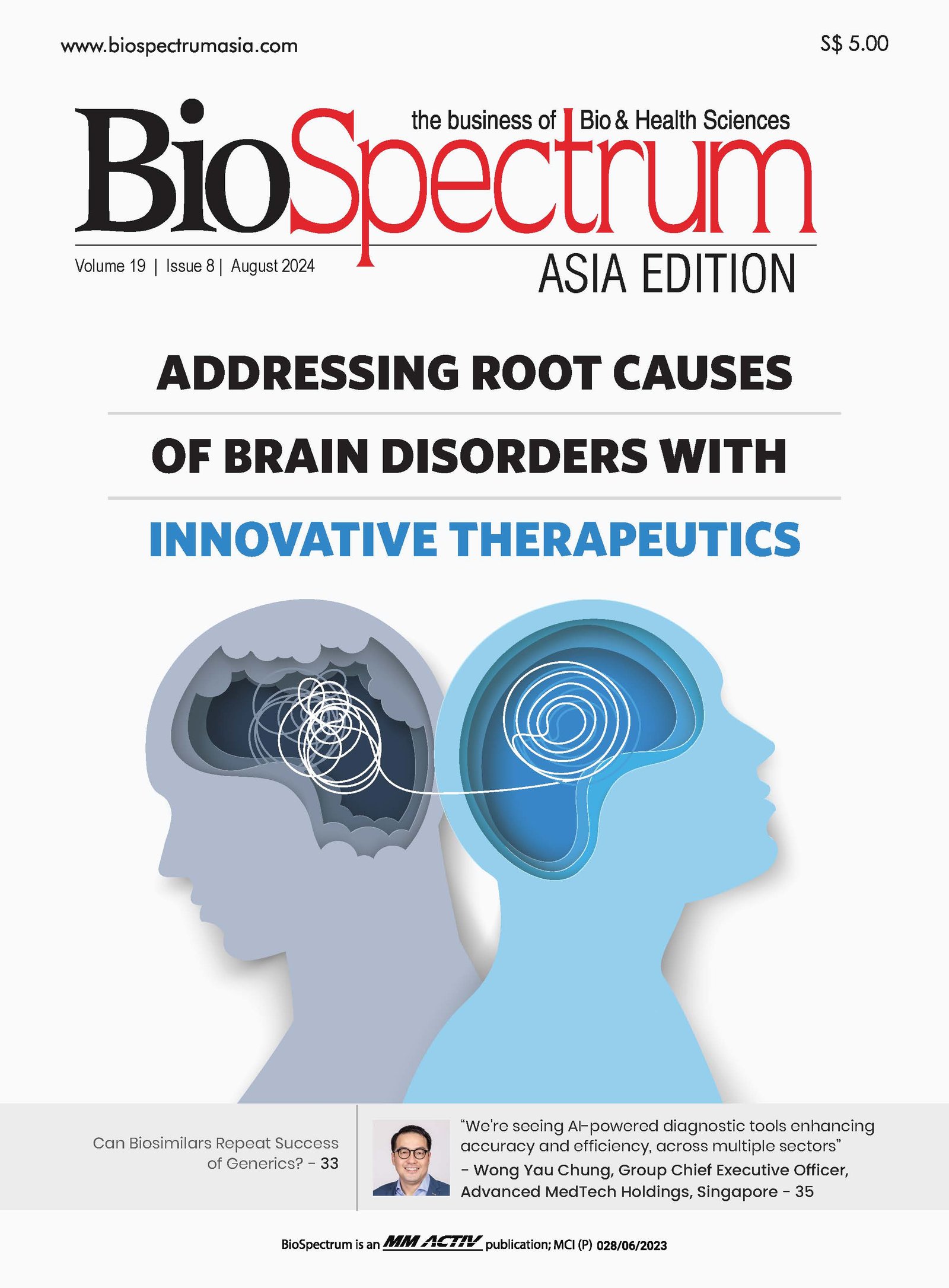“Because of its specificity and selectivity, ADCs have the potential to reduce adverse side effects and improve patient survival”
01 April 2024 | Opinion | By Hithaishi C Bhaskar
Japan-headquartered Daiichi Sankyo, the global healthcare company, launched its subsidiary Daiichi Sankyo Singapore Pte. Ltd. to bridge unmet needs in oncology. The Singapore subsidiary will be home to the regional hub of RDPV QA (Research & Development, Pharmacovigilance, and Quality Assurance) function, serving as a centre of excellence for key processes and systems across the region.”. In addition, the Singapore subsidiary will focus on antibody-drug conjugates (ADCs), a class of drugs that offer targeted precision and potent drug delivery to certain tumour types. ADCs deliver potent cancer-killing agents directly to cancer cells to eliminate them, whilst limiting damage to healthy surrounding cells. Koichi Morino, Managing Director at Daiichi Sankyo Singapore shares more details with BioSpectrum Asia.

How does Daiichi Sankyo leverage antibody-drug conjugates (ADCs) to execute precision therapeutics?
Daiichi Sankyo has a proprietary ADC technology called DXd. Daiichi Sankyo’s portfolio currently consists of six DXd ADCs in clinical development across multiple types of cancer, with one of them now in commercialisation. Each of our Daiichi Sankyo DXd ADCs pairs deruxtecan, our unique, stable linker and potent payload with a monoclonal antibody. This allows for versatility across a wide range of cancer types, each directed toward a specific antigen on the surface of cancer cells.
Engineered with precision, our DXd ADC technology has seven distinct features including a unique, high-potency payload, optimised drug-to-antibody ratio and a stable, selectively cleavable linker. DXd ADCs induce selective tumour cell death and are specifically designed to reduce systemic exposure to the payload. The released payload is cell membrane permeable, enabling a bystander antitumor effect resulting in the elimination of cells expressing the tumour-associated antigen and neighbouring cells in the tumour.
Where do your clinical development portfolios stand presently, and how do you perceive the commercialisation perspectives?
We are tackling some of the most challenging diseases, with the highest unmet medical needs through innovative treatment modalities in oncology and within these disease areas, we want to go beyond making incremental differences – we want to transform clinical practice and truly redefine standards of care.
Our over 120 years of heritage in pioneering science, starting from the first adrenaline crystalised and the first discovery of vitamin B1 in the early 1900s, inspires us to rise to new challenges with continuous innovation. To date, we have over 15 novel compounds in development across multiple types of cancer in more than 70 clinical trials, primarily focused on breast and lung cancer initially, but also exploring gastric, ovarian, prostate, and haematological cancers, with oncology compounds that are targeting HER2, TROP2, HER3, B7-H3, CDH6, EZH1/2, and FLT3-ITD.
In the near term, we are focused on delivering five DXd ADCs. Our longer-term innovation will come from our post-DXd ADC platforms and new technologies beyond ADCs in oncology to deliver cancer treatments for a sustainable society and company. But we cannot do all this on our own. Success relies on partnership – between our people, scientists, researchers, health care providers, payers, policy decision-makers, advocates, and patients and we are grateful for the support of our partners who are working to enable rapid delivery of these medications to patients who need them the most.
In Singapore, we are a part of nine global clinical trials across breast cancer, gastric cancer and non-small cell lung cancer, with the potential to expand to other tumour types. The first medicine to emerge from our significant Research and Development efforts – the HER2-directed ADC called ENHERTU – has already received approval in Singapore for indications in selected types of breast, gastric and lung cancers.
How can DXd ADC technology improve cancer management?
Our DXd ADC technology, developed in-house, has led to new hope for thousands of patients – and has begun showing impact on changing the standards of care. DXd ADC portfolio, which offers an updated view into the clinical activity of these potential medicines for patients with various types of advanced or metastatic non-small cell lung cancer.
DXd ADCs are a result of a passion project from our dedicated scientists and ultimately, we bring that same passion to all of our innovative endeavours. Because of its specificity and selectivity, ADCs have the potential to reduce adverse side effects and improve patient survival and well-being.
Our lead DXd ADC medicine alone has earned multiple breakthrough therapy designations and standing ovations at ASCO. Furthermore, pioneered HER2 low BC and HER2 mutant NSCLC as new clinically meaningful patient segments, revolutionising treatment for patients that previously did not have a HER2-directed treatment option available.
DXd ADCs have demonstrated clinical benefit in multiple tumour types and have the potential to transform the health outcomes for people living with cancer.
How will the new RDPV QA set up in Singapore contribute to the APAC pharma sector?
As part of the Daiichi Sankyo Quality Assurance organisation, the newly set up RDPV QA (Research & Development, Pharmacovigilance, and Quality Assurance) function in Singapore is a strategic way forward to reinforce our commitment to patients, customers, and rigorous quality assurance in all that we do. This Asia Pacific regional hub will be a centre of excellence, driving the mission of 'Patient first, Quality Always' while ensuring the highest quality standards in Research & Development, Pharmacovigilance, Medical Affairs and key processes and systems across the region.
With the launch of the Daiichi Sankyo Singapore entity, what would be the impact on the oncology market in Singapore?
In November 2021, Daiichi Sankyo announced the establishment of its wholly-owned subsidiaries in Australia, Canada, and Singapore. With the establishment of these three subsidiaries, there are now 27 countries in which the Daiichi Sankyo group of companies are present. The subsidiaries will contribute to healthcare in countries where Daiichi Sankyo operates and strengthen the foundation for its global business, including oncology products. In addition to our current portfolio of medicines for cancer and cardiovascular disease, Daiichi Sankyo is primarily focused on developing novel therapies for people with cancer as well as other diseases with high unmet medical needs.
Continuing the efforts, the Daiichi Sankyo Singapore will be dedicated to bridging unmet needs in oncology. We hope to extend and improve the lives of cancer patients, with cancer accounting for almost 30 per cent of all deaths in Singapore. The launch has strengthened Daiichi Sankyo's commitment to creating new employment and treatment opportunities in Singapore while bringing forward new methods of drug delivery to the oncology market.
In the first few years of our launch, our focus will be to make sure that we are reaching out to partners and collaborators so that we can better understand and highlight patient voices and needs, as well as work together with partners and the relevant stakeholders to bring faster access to cancer medicines in Singapore.
Hithaishi C Bhaskar
hithaish.cb@mmactiv.com


